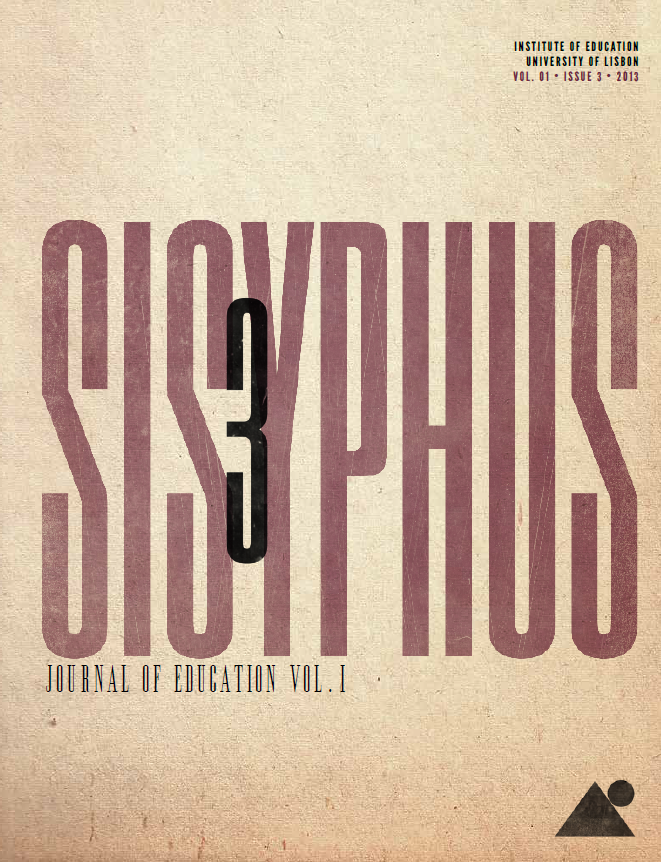Essay on the Role of Teachers’ Questioning in Inquiry-Based Mathematics Teaching
DOI:
https://doi.org/10.25749/sis.3706Palavras-chave:
Mathematics communication, Questioning, Teacher, Inquiry-based mathematics teachingResumo
This paper is an essay on the role of the mathematics teacher’s questioning in inquiry-based teaching. Questions are important communication tools that are used by the teacher for various purposes and underpin different visions of what it means to teach mathematics. Inquiry-based mathematics teaching has achieved relevance as a powerful alternative to direct teaching, which is inefficient in complying with current demands of mathematics learning. The paper constitutes a reflection on teachers´ questioning within an inquiry-based approach to teaching mathematics, based on available research and illustrated by classroom episodes of three basic education teachers. Our reflection has led us to advocate the central role of the teacher’s questions in inquiry-based mathematics teaching, having two main goals: (i) verification of knowledge, a questioning goal that is common to the direct teaching approach; and (ii) development of knowledge, a questioning goal that is specific to inquiry-based teaching. These two goals are attained using three types of questions which may be present in all phases of an inquiry-based lesson, albeit with different weights according to the lesson phases and the teacher’s own goals.Downloads
Downloads
Publicado
Edição
Secção
Licença
O Copyright (c) pertence à Sisyphus – Journal of Education. No entanto, encorajamos que os artigos publicados na revista sejam publicados noutros lugares, desde que seja solicitada a autorização da Sisyphus e os autores integrem a nossa citação de fonte original e um link para o nosso site.
Política de auto-arquivo
É permitido aos autores o auto-arquivo da versão final publicada dos seus artigos em repositórios institucionais, temáticos ou páginas web pessoais e institucionais.
Subscritor DORA
O Instituto de Educação da Universidade de Lisboa, editor da Sisyphus, é um dos subscritores da Declaração de São Francisco sobre Avaliação da Investigação (DORA).





